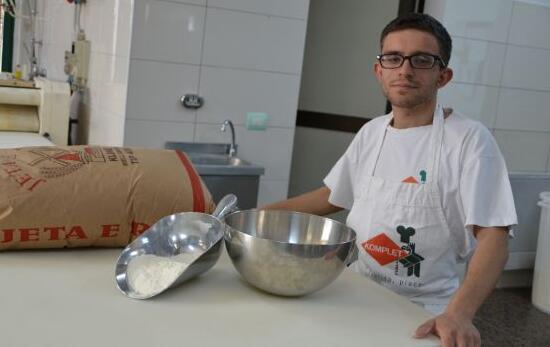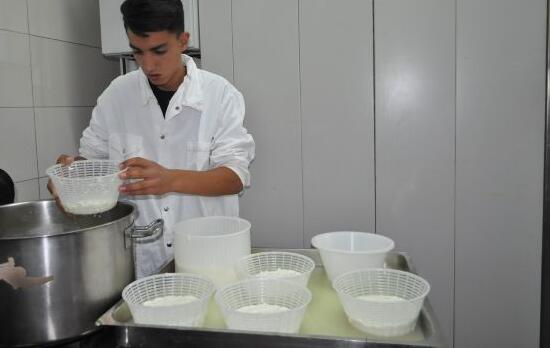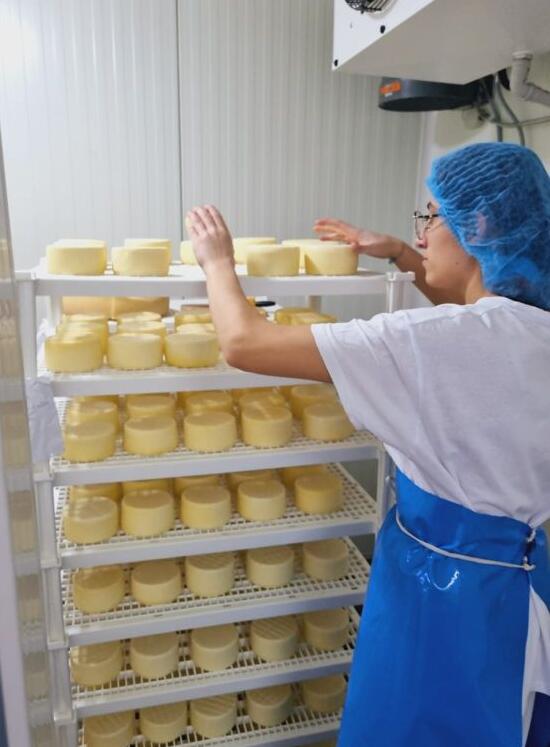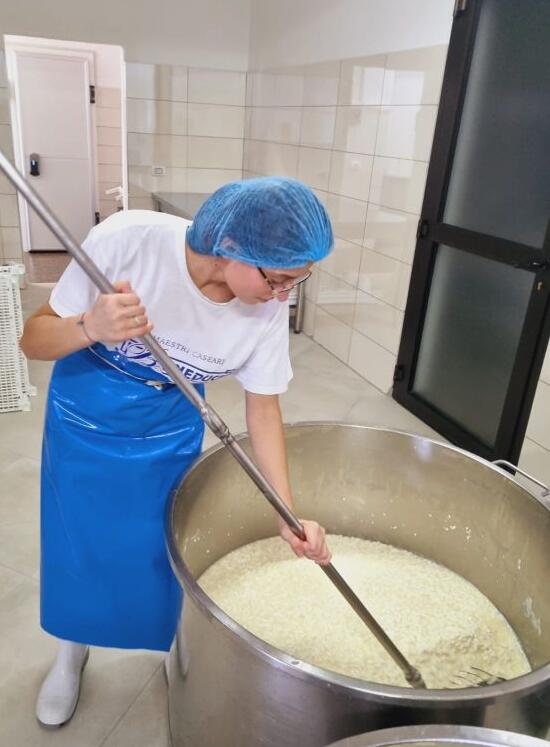



.jpg)
.jpg)
.jpg)
.jpg)
.jpg)
IN PROGRESS
Projects
Kosovo is a country with a complex history. Devastated by a protracted war, even today, despite more than twenty years having passed, it faces numerous economic and social challenges.
Kosovo is one of the youngest countries in Europe, with more than half the population under the age of 25. Many young men and women experience extremely frustrating conditions: they have limited job opportunities, and university education is considered almost useless for achieving a satisfying job.
Wide-ranging phenomena such as cronyism and corruption aggravate the situation. The unemployment rate in 2021 was estimated at 26%, with a very high incidence among young people (source: Ministry of Foreign Affairs and International Cooperation), and many minors attempt to reach European Union countries illegally, fueling organized crime.
The situation for women in Kosovo is also problematic, especially in rural areas. Although legislation guarantees equal rights and freedoms, women are often victims of abuse and, when they seek justice, they face stigmatization from their families and society.
The critical issues affecting them include health, protection from violence, often experienced within the family, and, most significantly, employment: approximately 80% of women are unemployed. In many cases, this is also due to a patriarchal mentality that seeks to continue relegating women to the domestic sphere, denying them any form of emancipation.
This is the context in which the Leskoc House fits in, an organization active in the area since the immediate post-war period and managed by Caritas Umbria.
Coordinated by Rinaldo Marion and Francesca Mosca, the Home welcomes boys, girls, and adolescents from families experiencing severe marginalization and social hardship due to extreme poverty, mental health issues, prostitution, and experiences of incarceration.
Their life journey is even more challenging—at school, in finding a job, in relationships. For this reason, some of them, the most vulnerable and facing the most difficult times, are offered work placements in the protected environment of the Home or the adjacent cooperative that manages the land, farm, dairy, and bakery.
Since 2022, the Valter Baldaccini Foundation, in collaboration with the Leskoc House and the local NGO Shoqata Carita Umbria, has been implementing a socio-educational and social inclusion project. The project aims to support young people on a path to personal and social fulfillment through training and employment. This project aims to help them achieve full personal dignity and a social role as active and responsible participants, and to create concrete opportunities that allow them to remain in their home country and commit to its development.
Since the project began, the young people involved in these training and inclusion programs have been:
Since 2016, the Valter Baldaccini Foundation has been developing socio-educational projects that offer concrete opportunities for social empowerment, together with the Leskoc House and the NGO Shoqata.
Photo credit: Francesca Boccabella
Get all the updates on current projects and initiatives